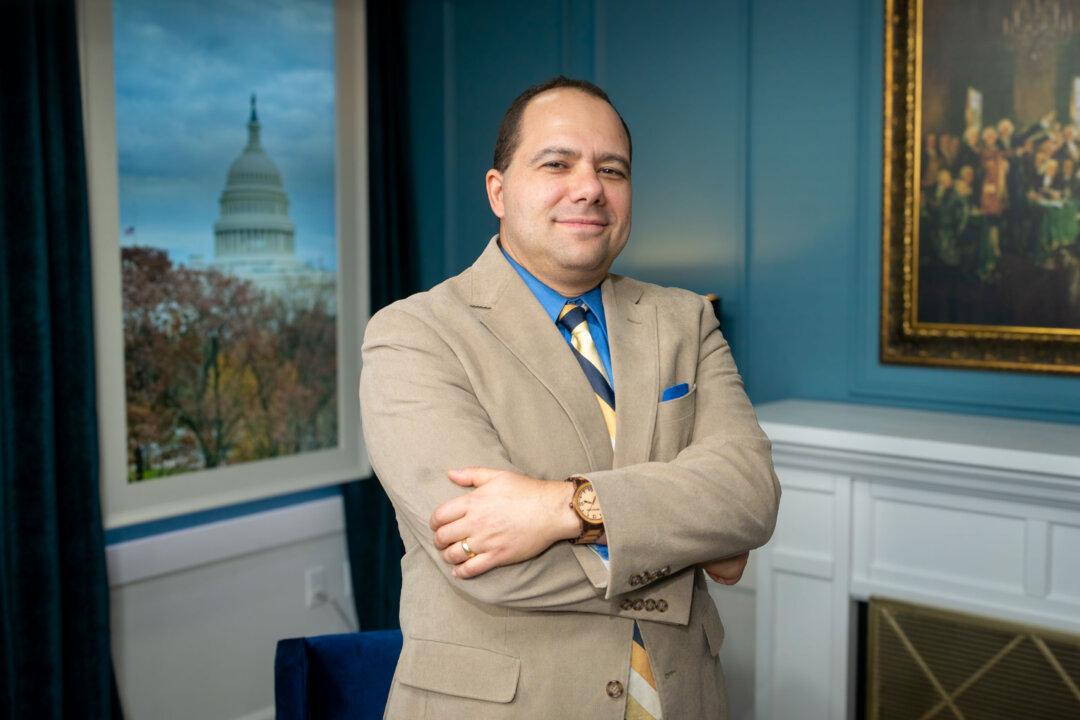In a recent episode of “American Thought Leaders,” host Jan Jekielek met with Ilya Shapiro, director of constitutional studies at the Manhattan Institute and author of several books, including his forthcoming “Lawless: The Miseducation of American Leaders.” In early 2022, Ilya Shapiro was about to become the executive director of the Center for the Constitution at Georgetown University when he was suspended for a “racist tweet.”
Jan Jekielek: In 2022, you were well-known, specializing in constitutional law. Then you tweeted something that wasn’t very popular. Please tell us what happened.






